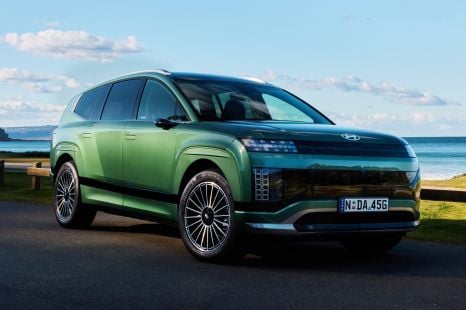

Josh Nevett
2025 Hyundai Ioniq 9 review
4 Days Ago
Cooling demand is a threat to UK plans to ban ICE sales – and one commentator has pointed the finger at a source of the problem.

Contributor
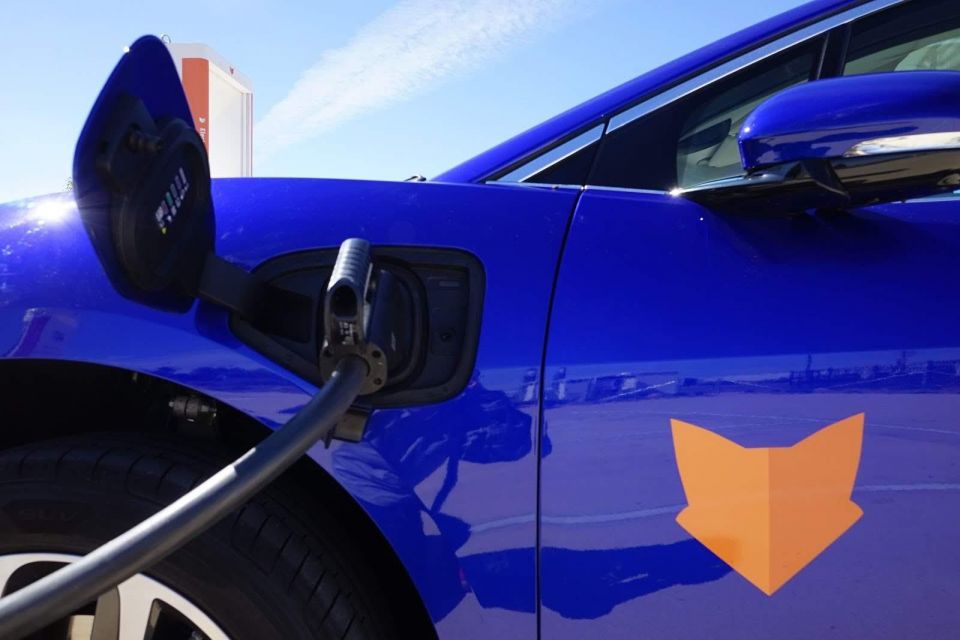

Contributor
One of Top Gear’s original hosts has taken swing at the “torrent of stuff from right-wing and vested interests” he believes is holding back the rollout of electric vehicles (EVs).
Quentin Willson hosted Top Gear between 1991 and 2001, with a focus on the used car market. He’s since become the leader of British lobby group FairCharge, which advocates for the rollout of electric cars.
Mr Willson told the UK Parliament’s Transport Committee it was “realistic and achievable” to ban the sale of new petrol, diesel, and hybrid cars by 2035 – but warned the target could be held back by myths, misinformation, and disinformation”.
“Consumers need to have confidence in electric cars. They need to want to buy them, because if they don’t manufacturer won’t sell them,” he told the Transport Committee.
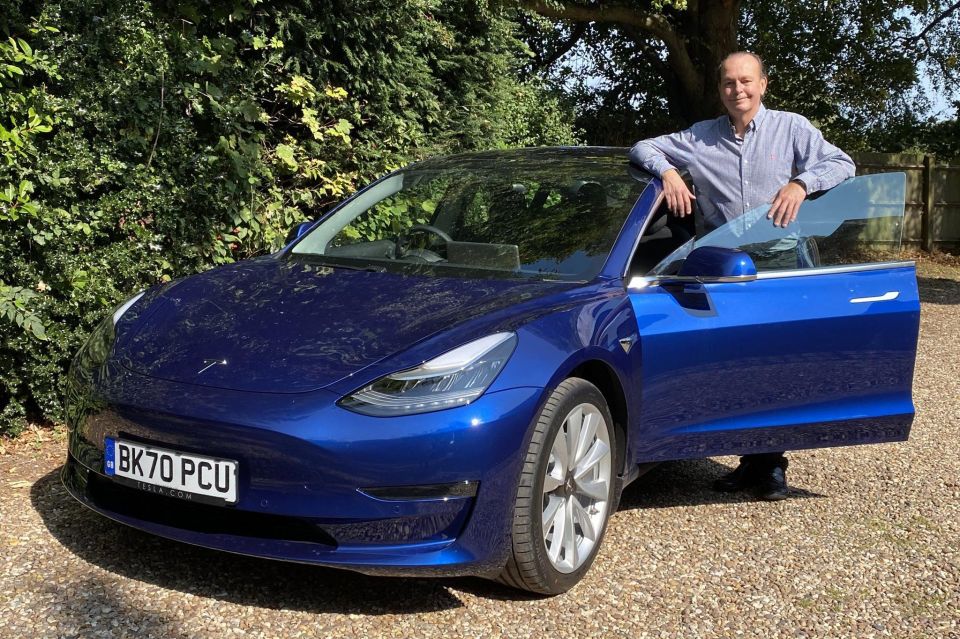
“And there is this self-destructive, fulfilling circle where we don’t get consumer interest to drive the market forward.”
Mr Willson pointed to 160 continuous anti-EV stories in one tabloid as an example of how the technology is being held back.
“In terms of the technology, the cars work. We have over a million electric, battery-only cars, and plug-in cars on [UK] roads. People have happily folded them into their lives, and you see them strobing up and down the motorways – London is now full of them.”
“So long term, their viability as a technology is not in question. What is in question, is how we manage consumer sentiment and awareness of the advantages and negatives of electric cars.”
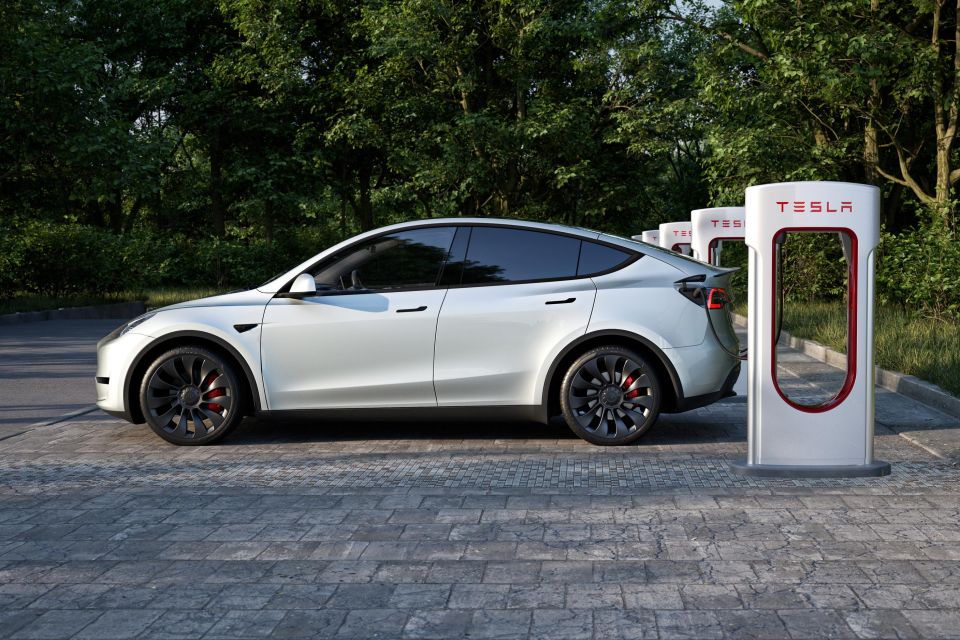
The UK initially planned to ban internal-combustion new car sales by 2030, before current Prime Minister Rishi Sunak revised the target in 2023 to 2035.
Prime Minister Sunak explained the change of tack as a “pragmatic and proportionate” correction as the government did not want to impose “unacceptable costs” on British families in order to lower greenhouse gas emissions.
Despite the petrol and diesel ban delay, the UK government is still aiming for the country to be carbon neutral by 2050.
The move was criticised by a number of brands, which complained about the impact on their forward planning and supply chain management.
Scott Collie is an automotive journalist based in Melbourne, Australia. Scott studied journalism at RMIT University and, after a lifelong obsession with everything automotive, started covering the car industry shortly afterwards. He has a passion for travel, and is an avid Melbourne Demons supporter.


Josh Nevett
4 Days Ago


James Wong
4 Days Ago
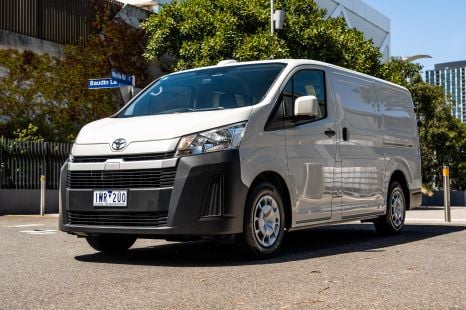

Max Davies
4 Days Ago
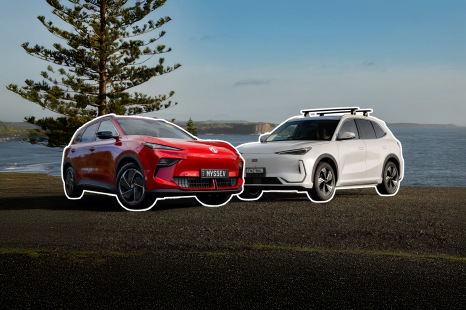

Andrew Maclean
3 Days Ago


Max Davies
2 Days Ago
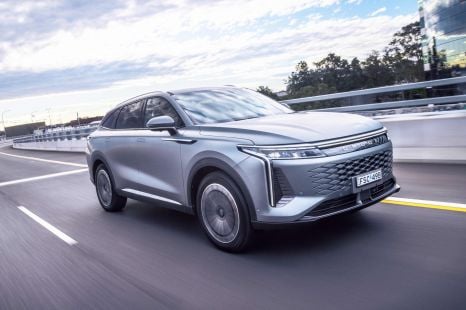

Damion Smy
12 Hours Ago